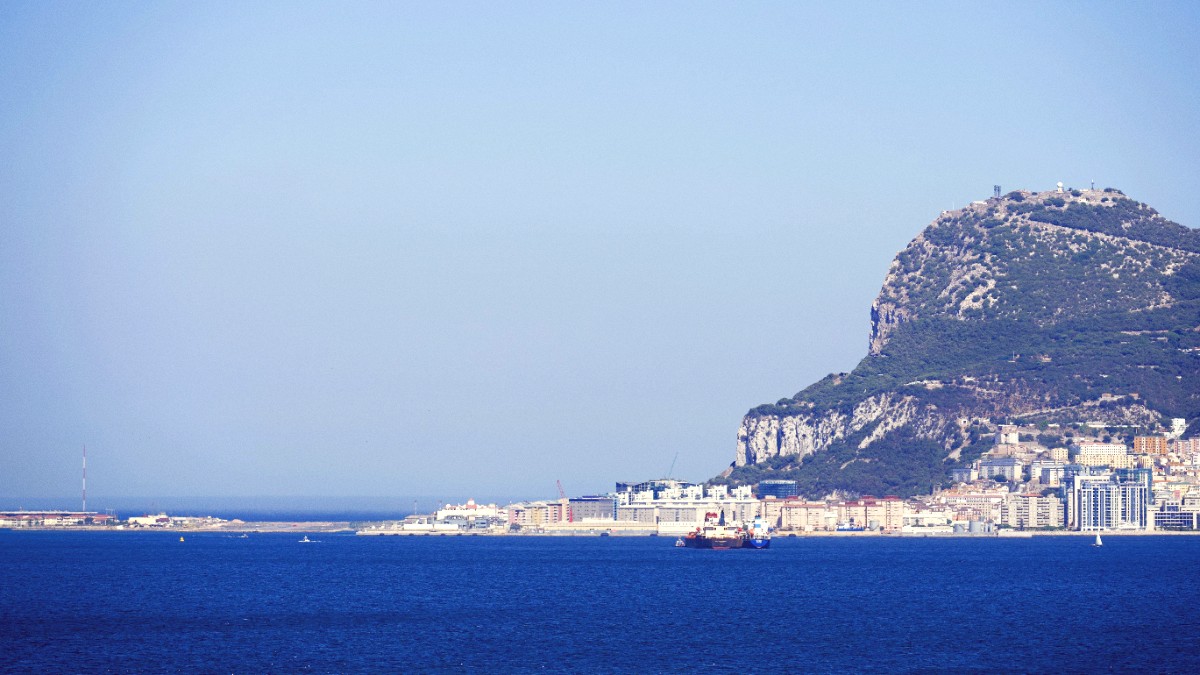
Summers, from June to August, offer warmth and sunshine. Average temperatures remain around 25-30°C (77-86°F), though they often climb higher. This period sees minimal rainfall, making it a good time for beach activities and water sports. The air can feel humid, especially near the coast.
Spring (April-May) and autumn (September-October) have pleasant conditions, with temperatures typically ranging from 15-20°C (59-68°F). These shoulder seasons bring comfortable warmth without the peak summer heat. Winters, from December to February, are mild, with averages around 10-15°C (50-59°F). Many winter days stay sunny, though this period accounts for most of Gibraltar's annual rainfall.
Gibraltar operates outside the Schengen Area. Entry rules generally align with UK visa rules. Always confirm the latest regulations based on your nationality directly from official government sources before your trip.
Citizens of the United Kingdom, other EU countries, Australia, Canada, New Zealand, and the United States usually do not need a visa for short tourist stays. For UK and EEA citizens, stays extend up to six months. Other visa-exempt nationalities generally get permission for up to 90 days. A valid passport with at least six months of validity beyond your intended departure date is mandatory for entry.
Special rule for entry
Holders of a multiple-entry Schengen visa may enter Gibraltar without a separate Gibraltar visa. This rule applies if their Schengen visa remains valid for at least seven days after their planned departure from Gibraltar and they have complied with its terms. This simplifies travel for many already touring the Schengen Area.
For nationalities needing one
If your nationality needs a visa for Gibraltar, apply through the Borders and Coastguard Agency in Gibraltar or a British Embassy/Consulate in your country of residence.
Processing times vary, so begin this process well in advance of your desired travel dates. Plan accordingly.
Required for all travelers
When entering Gibraltar, you will need a valid passport. Also carry proof of onward or return travel, sufficient funds for your stay, and details of your accommodation.
Immigration procedures mean presenting these documents at the border crossing or airport. There are no general entry fees for tourists upon arrival. No special permits are typically part of standard tourism activities within the territory.
The currency is the Gibraltar Pound (GIP), pegged at par with the British Pound Sterling (GBP). Both GIP and GBP banknotes and coins are legal tender throughout Gibraltar. Some places might accept Euros, but the exchange rate is often unfavorable. Use GIP or GBP for transactions.
ATMs are available across Gibraltar, notably in the town center and marina areas. Credit and debit cards are widely accepted in shops, restaurants, and hotels. It is good to carry some smaller denominations of GIP or GBP for tips, small purchases, or bus fares.
£75 - £140 (hostel/basic guesthouse, supermarket meals, bus).
£140 - £280 (mid-range hotel/rental, mixed dining, bus/taxi/cable car).
£280+ (high-end hotel, fine dining, taxis/private transport).
£40-£150+ depending on type and season.
£10-£25 for a main course, £4-£6 for a pint.
Gibraltar is a generally safe destination.
No specific vaccinations are mandatory for entry to Gibraltar. Your standard vaccinations, like Tetanus, should be up-to-date. Consult your doctor or a travel clinic for personalized recommendations before your trip.
Healthcare access is good. Gibraltar has a public healthcare system, the Gibraltar Health Authority (GHA), with St. Bernard's Hospital as the main facility. Emergency services are available.
If your flight to or from Gibraltar is delayed or canceled, you may claim compensation.